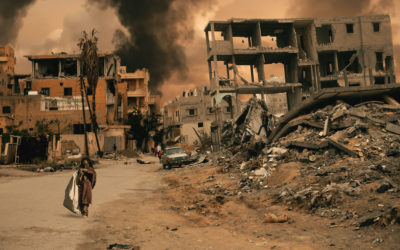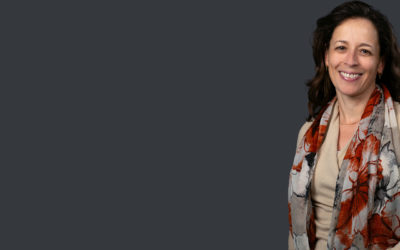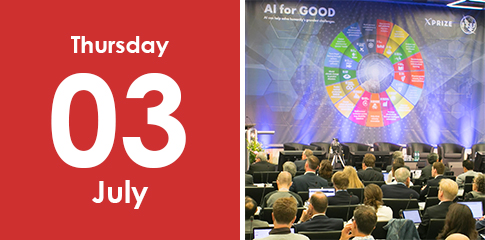To mark the launch of this new e-learning course, we had the pleasure of putting a few questions to Vincent Chetail, Director of the Global Migration Centre and Professor of International Law at the Graduate Institute.
What is the main purpose and rationale of this new e-learning course?
The objective of this course on migration governance is twofold: first, to provide a better understanding of migration and, second, to offer a mapping of the main issues at stake from a policy perspective. The rationale of this course is not to be pro- or anti-migration but to grasp the complexity of this phenomenon through a dispassionate and evidence-based perspective.
Migration is higher than ever on the political agenda. However, the visibility of migration in mass media and political discourses has generated many stereotypes and misunderstandings. There is now a huge gap between reality and perception.
Reliable data on migration can help to ensure that public debates and policies are based on facts, not myths or misconceptions. Promoting an evidence-based approach to migration is one of the central purposes of this course.
How is this e-learning course structured? In what particular areas will participants be able to enhance their knowledge and skills?
This e-learning course is structured in four sessions focusing on one of the most topical issues. The first session starts with important facts and figures to demystify migration and better understand its actual magnitude in the world. Given the prevailing misunderstandings, the objective is to dispel the main arguments commonly raised in any discussion about migration to provide a more rational and objective account. The second session accordingly delves into the who, why, and where questions: Who are migrants? Why are people moving? Where are they going?
The third session focuses on migration governance at the domestic level by exposing the general framework of national policies, their nature, patterns and complexities. It also underlines the plurality of actors involved at the domestic level, including the state and the cities, the civil society and the private sector.
The fourth and final session provides an overview of international migration governance and assesses intergovernmental cooperation’s potential and limitations in this controversial field. Global migration governance has considerably developed during the last years, and it involves today a broad variety of international instruments, policy tools, and intergovernmental actors that are discussed in this last session.
What challenges did you face in creating content for our audience? What will you take away from this collaboration with Executive Education, particularly from the DPP programme?
The main challenge was to ensure interaction and participation with the students. In a classroom, it is easy to generate exchanges with students and encourage their participation in the discussions. This is more difficult for an e-learning course, which is not delivered in presence but online. I anticipated this from the start of its conception. I spent a lot of time identifying the most appropriate tools and resources in order to make the course interactive. I must say that I am very happy with the result.
Designing this e-learning course from scratch and working with several colleagues was an enriching experience. I enjoyed a lot the collaboration between the Global Migration Centre and the DPP programme of the Graduate Institute’s Executive Education. I am also very grateful to our external partners: UNHCR, IOM and ICMC. Among the many people involved, I would like to thank, in particular, Alexandre Freire and Bruno Medroa for their support and professionalism. Teamwork outside disciplinary and bureaucratic silos is not only rewarding; it is also the only way to be relevant in providing policy-oriented expertise.
By Vincent Chetail, Director of the Global Migration Centre and Professor of International Law
In collaboration with Alexandre Dormeier Freire, Director of the Executive Programmes in Development Policies and Practices (DPP) and Conflict and Fragility Management (DPP-CFM)









0 Comments